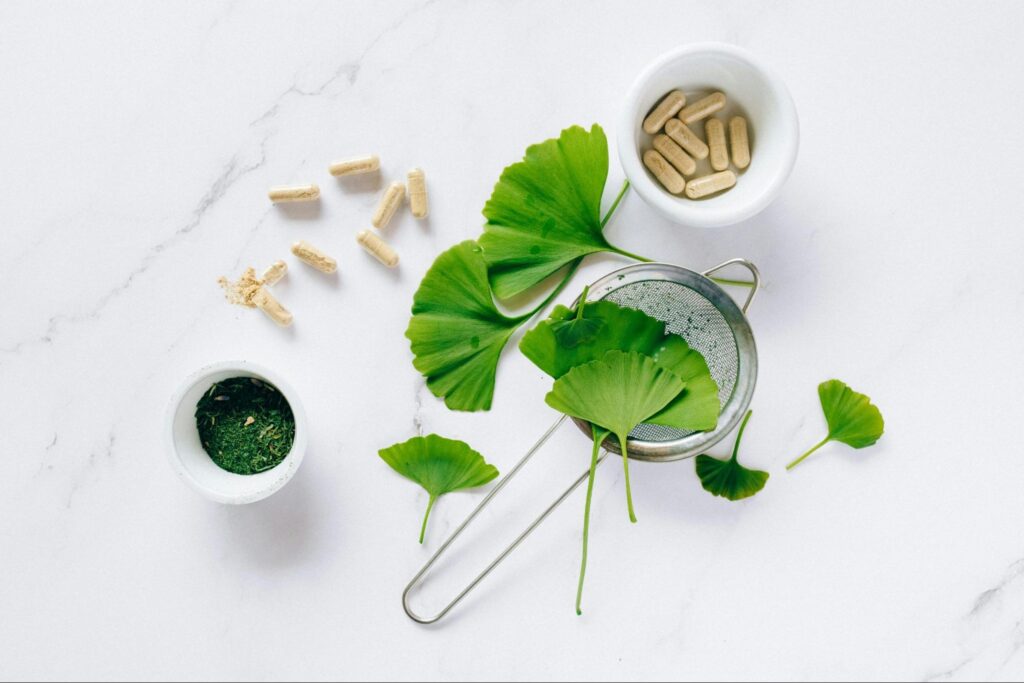In the quest for healthier lifestyles and natural healing, organic remedies have surged in popularity. They promise a gentler approach to wellness, tapping into the power of nature to heal and nourish the body. From herbal teas to essential oils, these remedies have been used for centuries, yet they continue to captivate modern audiences with their simplicity and efficacy.
As people become more conscious of what they put in and on their bodies, the appeal of organic remedies grows. They offer an alternative to conventional medicine, free from synthetic chemicals and potential side effects. This article explores the world of organic remedies, uncovering the secrets behind their enduring appeal and how they can be integrated into daily life for improved health and well-being.
Organic Remedies
Organic remedies, harnessing nature’s bounty, offer a holistic approach to health and wellness. These remedies, rooted in ancient traditions, utilize plant-based ingredients, minerals, and other natural substances to promote healing and well-being. Unlike conventional medicines, organic remedies focus on prevention and address the underlying causes of ailments rather than just symptoms. Highlighting their appeal, they come with fewer side effects, courtesy of their all-natural composition.
Key components include herbal teas, essential oils, and tinctures, each serving specific health purposes. For instance, chamomile tea aids in relaxation and sleep, while lavender oil is celebrated for its stress-relieving properties. Furthermore, these remedies empower individuals to take charge of their health, providing a sustainable option that blends seamlessly with a mindful lifestyle. Embracing organic remedies ensures a step towards a balanced, healthier life, aligning with the body’s natural rhythms and healing capabilities.
How to Choose the Right Organic Remedy
Choosing the right organic remedy requires understanding individual health needs and the specific benefits of various natural ingredients. First, identifying the health issue or desired wellness goal is crucial, as this dictates which organic remedies could be most effective. For instance, lavender essential oil might aid in relaxation and sleep, while ginger tea can help alleviate digestive discomfort. Researching reputable sources on the potency and uses of herbs, oils, and tinctures ensures informed decisions. It’s also important to consider personal allergies and sensitivities; what works for one person may not suit another. Consulting with healthcare professionals familiar with both conventional and holistic medicine offers additional insights, especially for those with existing health conditions or taking other medications. Finally, selecting high-quality, certified organic products guarantees the absence of synthetic additives, maximizing the natural benefits and effectiveness of the remedy.

Popular Organic Remedies and Their Uses
Transitioning from the foundational understanding of organic remedies, this section delves into some popular choices and their applications. Each remedy offers unique benefits for various health conditions, underlining the importance of selecting based on individual needs and potential allergies.
- Herbal Teas: Known for their soothing and medicinal properties, herbal teas like chamomile and peppermint aid in digestion and promote relaxation. Chamomile tea is especially beneficial for sleep-related issues, whereas peppermint tea addresses nausea and digestive discomfort.
- Essential Oils: Lavender and eucalyptus oils are prominent for their ability to relieve stress and assist respiratory health, respectively. Applying lavender oil can enhance relaxation and sleep quality, while eucalyptus oil is often used for clearing congestion and easing cold symptoms.
- Tinctures: Concentrated herbal extracts, such as echinacea and valerian root, support immune health and improve sleep patterns. Echinacea tinctures boost the immune system, making them effective during cold and flu season; valerian root aids in insomnia and anxiety relief.
DIY Organic Remedies
Building on the foundation of understanding the benefits of herbal teas, essential oils, and tinctures, enthusiasts can create DIY organic remedies tailored to individual health needs. Preparing these remedies at home ensures purity and allows for customization.
- Herbal Teas: Brewing herbal teas like chamomile for relaxation or peppermint for digestion offers a simple yet effective way to harness the healing properties of herbs. Boiling water, adding the herbs, and steeping for a few minutes is all it takes.
- Essential Oils: Lavender and eucalyptus essential oils can be used in aromatherapy diffusers or diluted with a carrier oil for topical application. They serve as natural solutions for stress relief and respiratory health, respectively.
- Tinctures: Making tinctures involves soaking herbs like echinacea for immune support or valerian root for sleep aid in alcohol or vinegar to extract their medicinal qualities. After a few weeks of soaking, straining the liquid provides a potent remedy.

Safety Considerations and Potential Side Effects
While embracing organic remedies offers a holistic approach to health, it’s vital to proceed with caution. The allure of natural doesn’t always mean safe for everyone. Individual reactions can vary, and what works for one person might not for another. It’s crucial to source high-quality ingredients and adhere to recommended dosages to avoid adverse effects. Moreover, consulting with a healthcare professional before integrating these remedies into your wellness routine ensures they complement existing treatments and address your health needs without risk. Embracing organic remedies can be a rewarding journey towards natural health and well-being, provided it’s done thoughtfully and safely.

